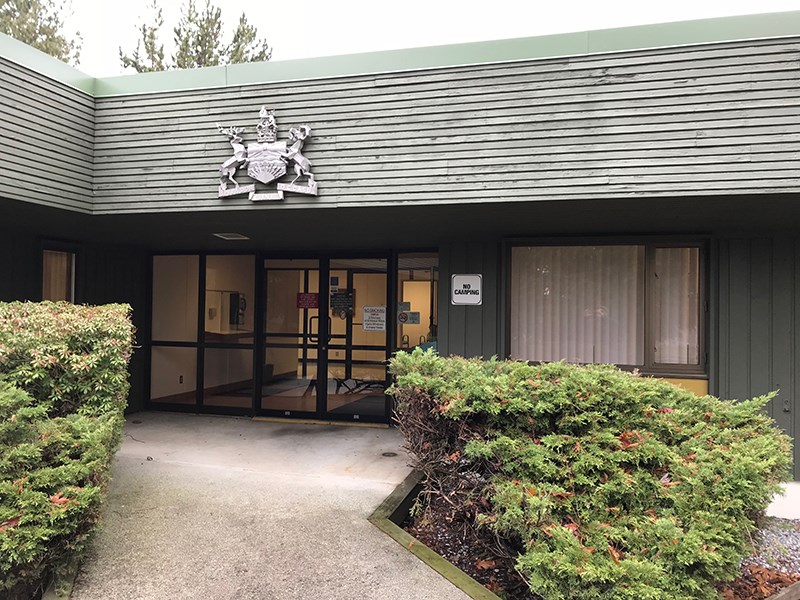Provincial court sitting reductions made in 2016 continue to be a source of frustration for Powell River justice advocates, who remain hopeful for a change in the new year.
City of Powell River, Powell River Bar Association and Powell River Early Years Planning Table sent letters to the Office of the Chief Judge of the Provincial Court of BC to raise ongoing concerns about the impact the reduction in days the court sits has had on the community, including family-related matters.
Before the reductions, court sat two days each week. In 2015, the schedule was changed to three days every second week and one day the other week. Eventually, that single-day session was cut, said Powell River lawyer David Garling.
Garling said BC chief judge Thomas Crabtree has agreed to visit Powell River in January to hear some solutions local lawyers have for the reductions.
"It's now coming together," said Garling. "I'm hopeful we can resolve this.”
According to Garling, reductions may have been warranted at the time they were made, but times have changed.
“The volume of cases had dipped and now it's returning to historical levels, but we no longer have historical levels of court time,” said Garling.
Powell River Early Years Planning Table is a group representing various local social service, community health and education agencies, and one of several signatories on a November 10 letter to the chief judge requesting the court revisit its decision to reduce court schedules in Powell River.
"There are lots of vulnerable kids in Powell River," said group member Jaclyn Miller. "Not having the court time here hits at the most vulnerable kids and families, people who are experiencing increased conflict due to separations or family disputes.”
Miller said the increased caseload has left the court less time in its already reduced allotment to hear family cases.
Family cases, where one parent may be applying for a court-enforced protection order, are repeatedly adjourned and rescheduled because of not having enough time to hear them, she said.
Seeing children waiting outside the courtroom all day for their case to be heard is a common occurrence, she added.
Miller said the provincial court has also not replaced its family justice counsellor since Mark Lavertu, who last held the posting, retired three years ago. Family justice counsellors, acting as mediators for family-related matters, can act as an alternative measure for couples to reach divorce agreements, cases that otherwise would go before the court.
Powell River-Sunshine Coast MLA Nicholas Simons said he is pleased to hear the chief judge will come to Powell River. He said he advocated on behalf of restoring the lost days in 2016 to then-BC minister of justice Suzanne Anton.
Simons said either he or his constituency assistant Maggie Hathaway will be present at the January meeting to urge the provincial court to restore the lost days.
Hathaway, who also serves as a city councillor, said the city has raised the issue of the provincial government downloading additional costs to the local government, which is responsible for paying to guard prisoners at the RCMP detachment. She said she doubts the reductions, which were intended to save money, have actually done so.
"It's costing more money in the long run and it's certainly costing the city more," she said. "We need to get that fixed. People have a right to a timely appearance and, in some cases, that’s not happening.”
Hathaway added that the court routinely has to bring in sheriffs from other communities to handle the caseload.



